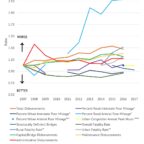
Reason Foundation’s Annual Highway Report has tracked the performance of the 50 state-owned highway systems from 1984 to 2016. The 24th Annual Highway Report ranks the performance of state highway systems in 2016, with congestion and bridge condition data from 2017. Each state’s overall rating is determined by rankings in 13 categories, including highway expenditures per mile, Interstate and primary road pavement conditions, urbanized area congestion, bridge conditions and fatality rates. The study is based on spending and performance data state highway agencies submitted to the federal government. This study also reviews changes in highway performance over the past year.
View this complete post...











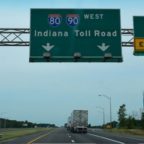
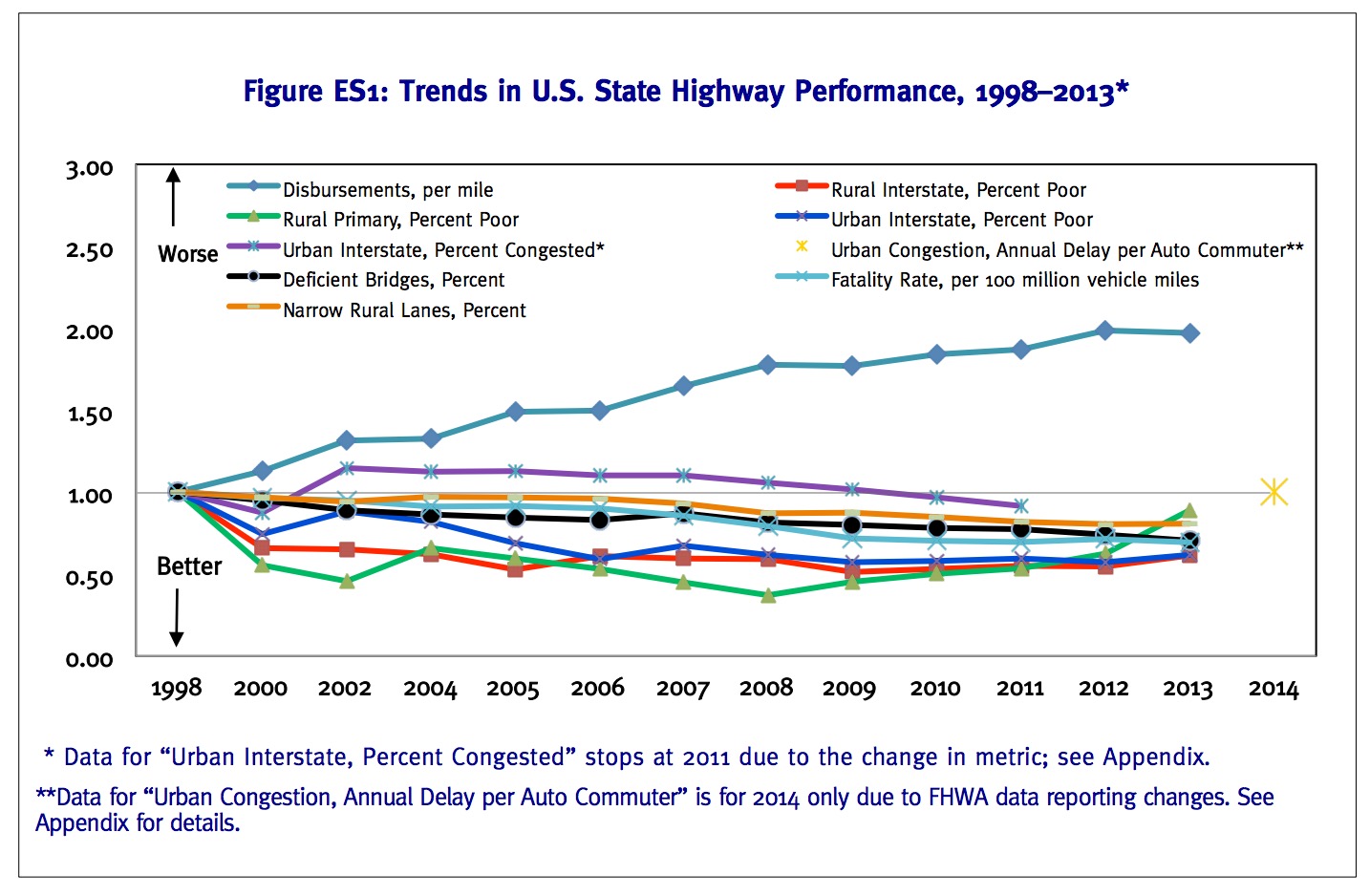
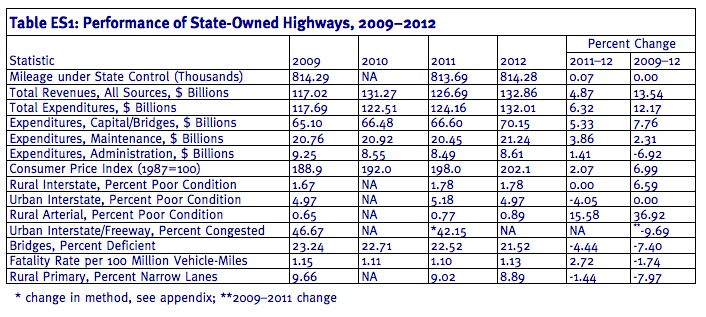
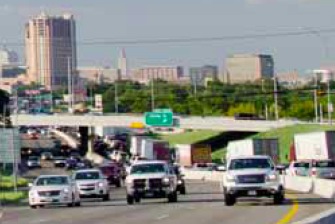
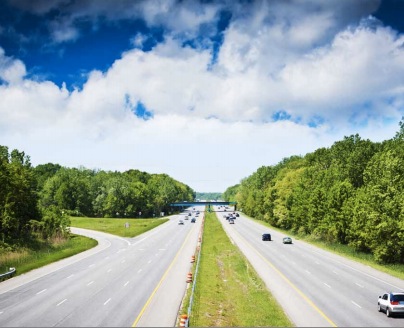
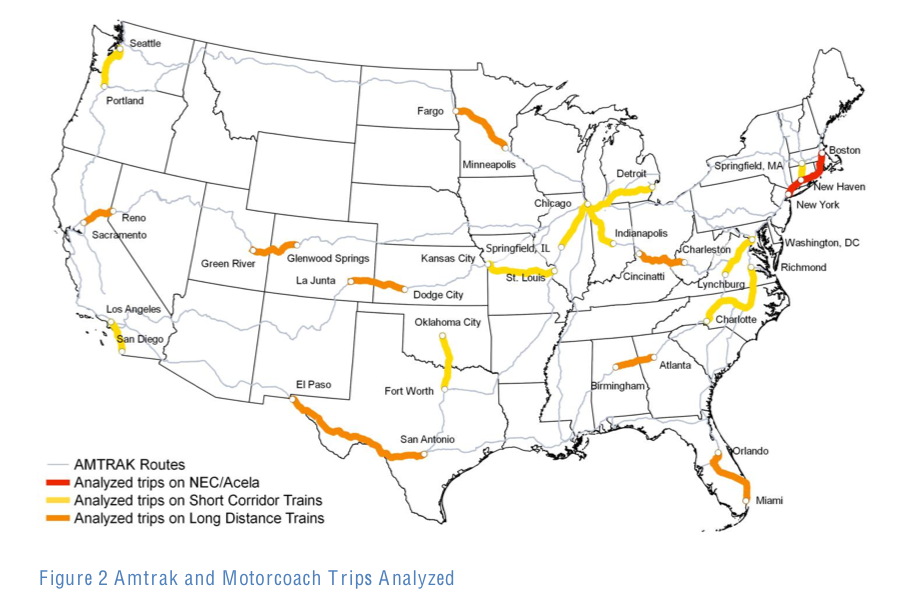
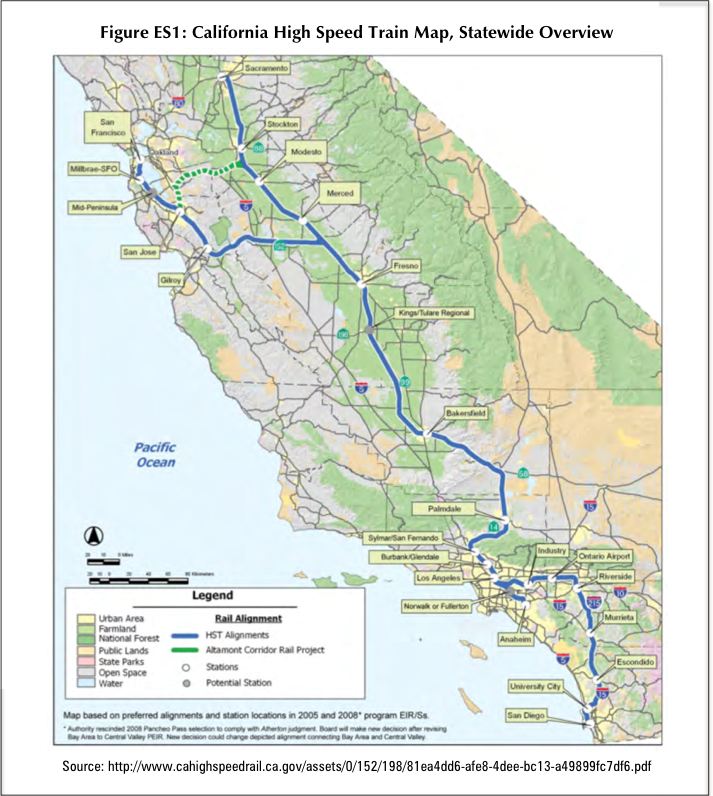

 RSS Feed
RSS Feed